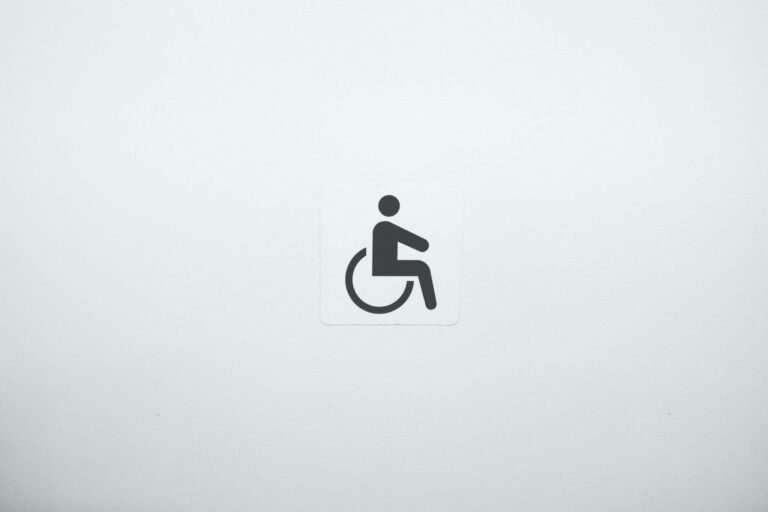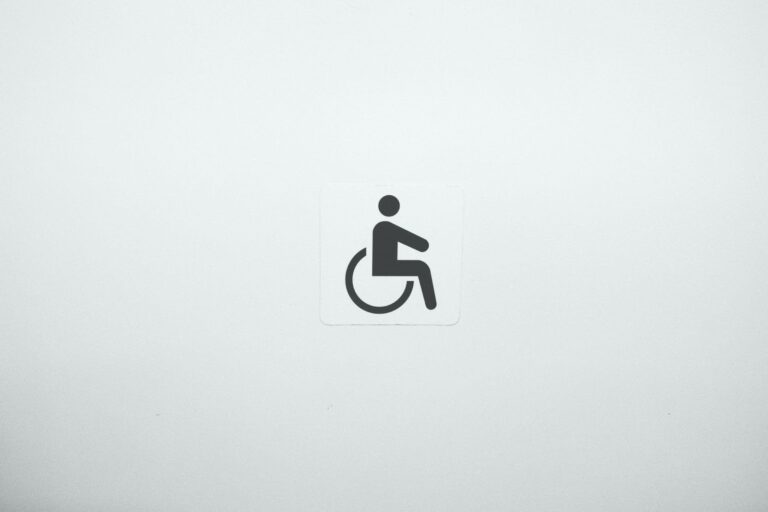Articles
Disability Advice from an attorney with decades of experience with disability benefits.

Filing a Successful Long-Term Disability Claim: Best Practices
Navigating the complexities of a long-term disability claim can often feel overwhelming. Understanding the right approach is crucial in a world where procedures and paperwork are intricate and demanding. This

Working While Receiving Long-Term Disability: Rules and Tips
Navigating the complexities of working while receiving long-term disability benefits is a critical issue for many individuals. This situation often presents a delicate balance between maintaining a necessary source of

The Impact of Long-Term Disability on Your Retirement Planning
When planning for retirement, most individuals envision a time of relaxation and fulfillment, often neglecting to consider the potential impact of unforeseen circumstances like long-term disabilities. These disabilities can significantly

Are Long-Term Disability Benefits Adjusted for Inflation?
In an ever-evolving economic landscape, the question of financial security for those with long-term disabilities becomes increasingly pertinent. As the cost of living continues to rise, affected individuals and their

Decoding the Average Payouts in Long-Term Disability Cases
Navigating the complexities of long-term disability cases can often feel like a maze, with one of the most pressing questions being the average payouts recipients can expect. Understanding these payouts

Why Long-Term Disability Claims Get Denied: Common Causes
Navigating the complexities of long-term disability can be a challenging journey for many individuals. The intricacies involved in the approval process often lead to unexpected roadblocks, leaving claimants needing clarification

Understanding the Tax Aspects of Long-Term Disability Benefits
Navigating the complexities of tax implications associated with long-term disability benefits can be daunting. These benefits are a crucial financial lifeline for individuals unable to work due to prolonged illness

Traveling on Long-Term Disability: Guidelines and Advice
Embarking on a journey when living with a Long-Term Disability (LTD) presents a unique set of challenges and opportunities. This article delves into the intricate balance of adventure and practicality,

Duration of Long-Term Disability Benefits: What to Expect
Long-term disability benefits are a crucial safety net for many individuals facing health challenges that prevent them from working. The duration of these benefits often varies, influenced by various factors,

Medical Conditions that Qualify for SSDI
According to the Centers for Disease Control and Prevention (CDC), approximately 26% of adults live with disabilities that may impact their ability to earn a livelihood. If you’re an individual

SSDI for Individuals with Intellectual Disabilities: Qualification Guide
Intellectual disability often comes with limitations in functioning. This makes it hard for intellectually disabled people to retain employment and provide for themselves. So, does Social Security Disability Insurance (SSDI)

Income Reporting for SSI and SSDI Recipients
After you get approved for Social Security Disability Insurance (SSDI) benefits, the Social Security Administration (SSA) will periodically evaluate your claim to make sure you are still eligible for the

How Pregnancy Affects Your SSDI Benefits
Complications during pregnancy can be debilitating, rendering the patient unable to engage in or retain employment. As Social Security Disability Insurance (SSDI) is intended for individuals whose disability prevents them

SSI and SSDI Benefits for Partially Disabled Workers
The Social Security Administration (SSA) has a complex definition for qualifying disabilities. These are not always easy to understand. As such, someone with a partial disability may wonder whether they

SSDI Eligibility After Fraud-Related Termination
Social Security Disability Insurance (SSDI) is a program designed to financially assist those who are unable to retain employment due to their disability. But a significant number of these claims

SSDI for Individuals with Hearing Impairments: Qualification Guide
People with hearing impairments find it difficult to navigate work life, especially in severe cases where the impairment may make it difficult to retain employment. Can Social Security Disability Insurance

SSI and SSDI for Working Disabled Individuals
Many Social Security disability beneficiaries are forced to work while they are receiving Social Security Disability Insurance (SSDI) or Supplemental Security Income (SSI) benefits, as the payments from these benefits

The Impact of Drug and Alcohol Use on SSDI
Drug addiction or alcoholism can lead to debilitating conditions such as lung problems, depression, chronic pulmonary conditions, and insomnia that can severely impact an individual’s ability to work. Thus, people

SSI and SSDI Approval Rates by State
Going through the Social Security Disability application process can be an exhausting process. And to make matters more complicated, the approval rates for Social Security Disability Insurance (SSDI) and Supplemental

Exclusions in Private Disability Insurance
Many disabled people prefer private disability insurance to traditional disability insurance. However, these policies can be hard to understand for people who are not experienced with insurance programs. They can
